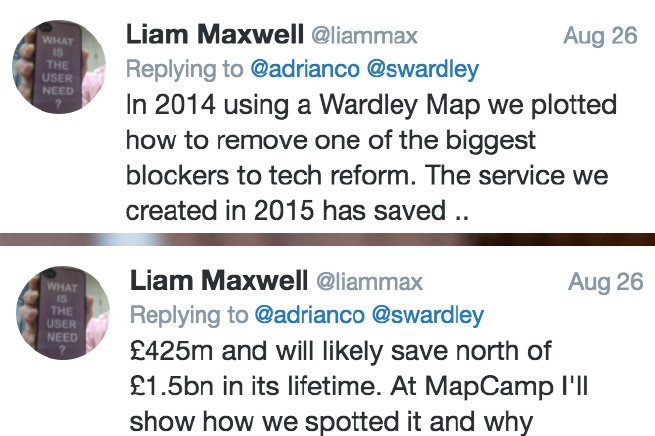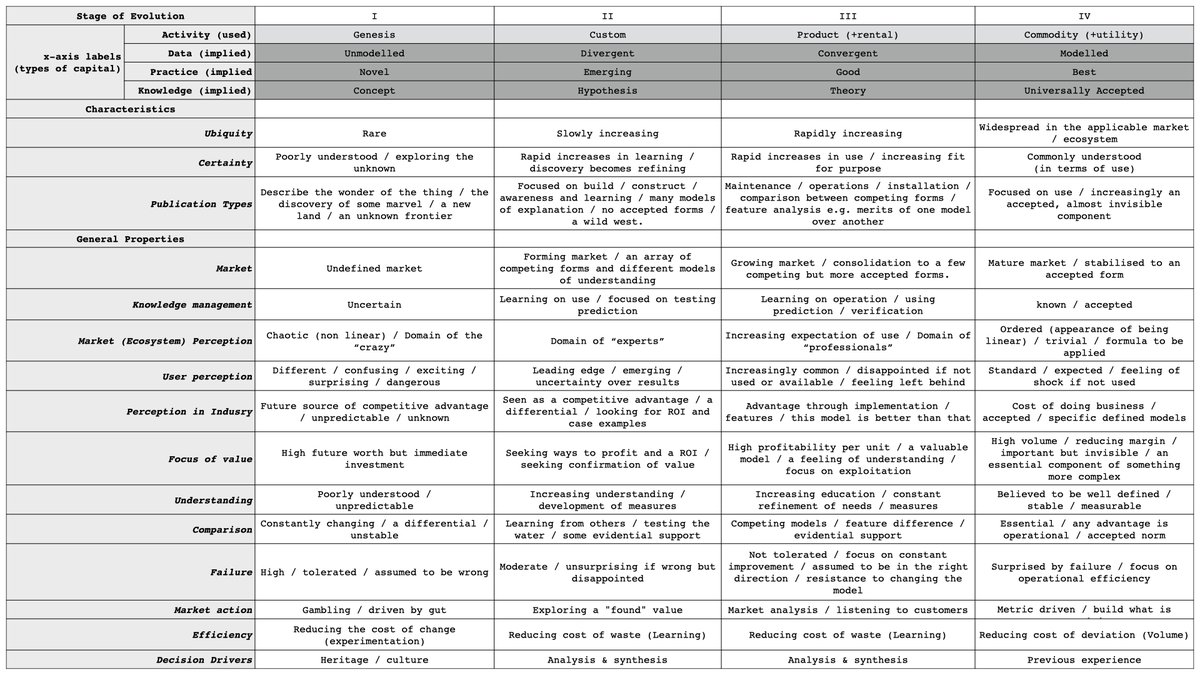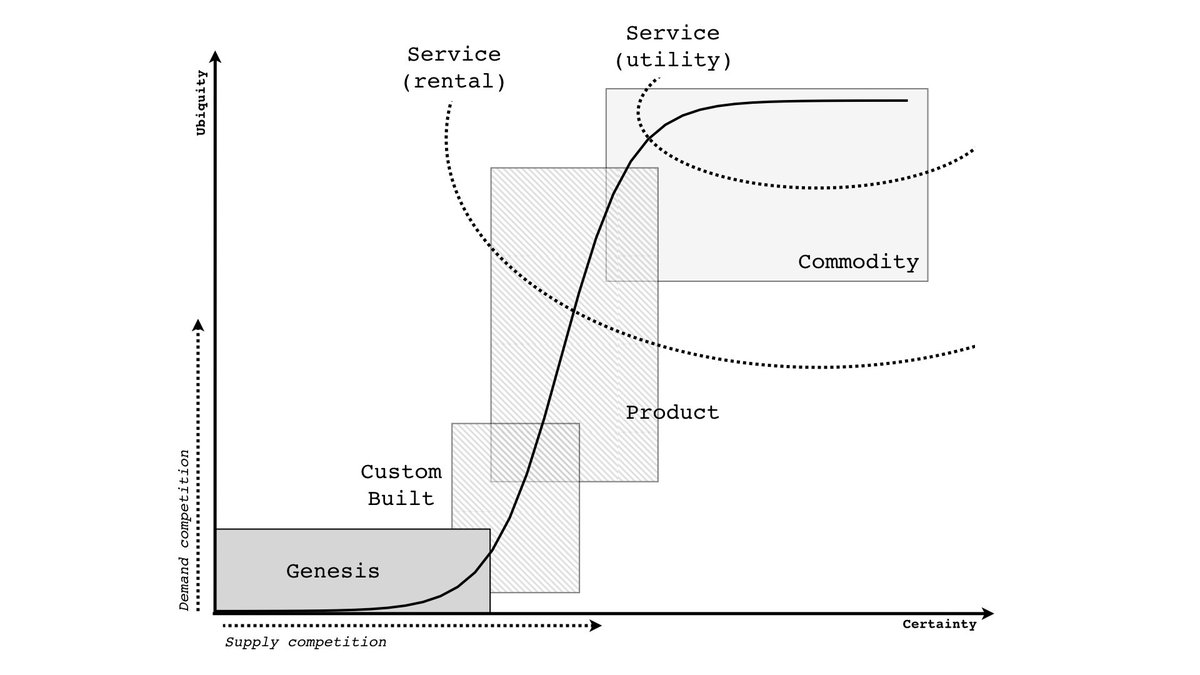
I can understand deplatforming people for racist, homophobic, antisemitic, islamaphobic or misogynistic views but ... deplatforming because they are critical of your policies? How on earth do they hope to learn without challenge? ->
https://twitter.com/theAliceRoberts/status/1464885984613515267
When I helped write the "Better for Less" paper with others (it was for Francis Maude) ... the concept of challenge was critical. It's at the heart of spend control and the heart of mapping. The problems we saw, the over dependence on external consultancies / vendors was ...
... because of a lack of challenge. This lack of challenge cost Government billions. In one example, well ... 

... the idea that this Government would avoid challenge, deplatform those that are critical of its policies ... gosh. Bring back David Cameron. At least the old Tories weren't afraid of transparency and challenge.
But then, that's the point isn't it ... one of those casual announcements designed to create a drip feed of outrage or incredulity whilst keeping everyone"s focus away from where the real action is.
• • •
Missing some Tweet in this thread? You can try to
force a refresh








